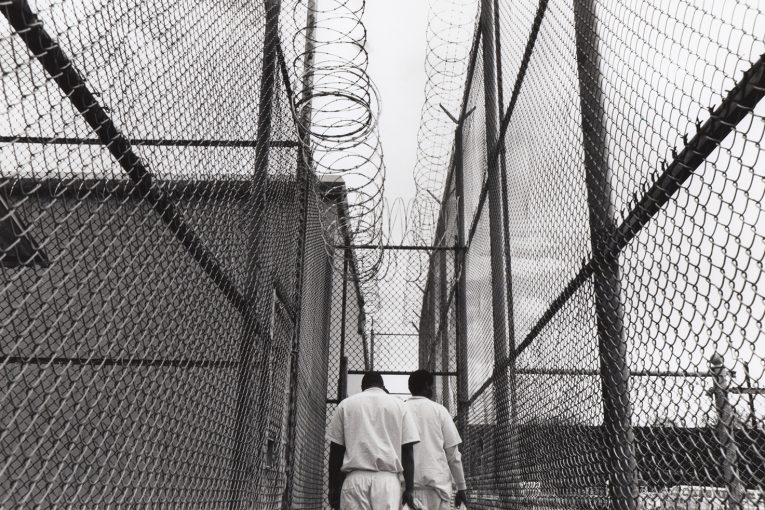

By Sarah Chayet and Rajesvi Deora
OAKLAND, CA – The ACLU noted the California Supreme Court ruled last week the state’s minimum wage law does not apply to people working for private companies while in pretrial detention in California’s jails.
The lawsuit, said the ACLU, was Ruelas v. County of Alameda, and was filed by the ACLU for people incarcerated at the Santa Rita Jail in Alameda County who “worked without compensation” for Aramark, a $16 billion for-profit corporation that provides food in jails and prisons.
Dan Siegel, a partner at the Siegel, Lee, Brunner & Mehta law firm, said his clients are “simply asking for the basic dignity of a wage for their work.
“Paying people in pretrial detention has positive ripple effects, for their families and for their future re-entry. It is sound policy, consistent with the state’s minimum wage law, that forwards California’s efforts to eradicate poverty and limit income inequality,” said Siegel.
According to the ACLU press release, Aramark was profiting from the labor of the incarcerated workers at the Santa Rita Jail, who were not compensated, adding Aramark earns $16 billion annually, including contracts to provide food to prisons and jails.
While the court’s decision does not advocate for the compensation of incarcerated people, private companies and/or individual counties are still able to decide for themselves whether or not they will pay incarcerated people for their labor, the ACLU notes
“It’s now up to Alameda County to do the right thing and ensure that when corporations profit from the labor of people incarcerated in the Alameda County Jail, they pay for that labor,” said Kyle Virgien, senior staff attorney at the ACLU’s National Prison Project.
Additionally, incarceration can be costly, to both incarcerated folks and their families, said the ACLU, noting families spend $1.3 billion on phone calls alone—another 1.6 billion is spent for navigating jails and prisons’ “inadequate” food and hygiene facilities.
The ACLU describes a collaborative research project from the ACLU and the Global Human Rights Clinic of the University of Chicago Law School entitled “Captive Labor: Exploitation of Incarcerated Workers,” in which it was reported, “incarcerated workers produce $2 billion in goods and $9 billion in services to prison systems, yet most are paid nothing or pennies.”
The research project also details that the types of jobs incarcerated people hold in jails are similar to jobs outside of jails. The main differences, the report says, is companies have total agency over the incarcerated workers, who suffer the denial of certain freedoms and protections that people outside of jails are given.
Virgien argued, “Incarcerated people are exploited at every turn by a system that profiteers from their coerced labor, charges exorbitant costs for basic necessities, and deepens debt and poverty for families who step in to take care of their incarcerated loved ones. Paying people for their work is a matter of basic fairness — incarcerated workers are workers.”
The ACLU added, “Although the court’s decision means that Alameda County and Aramark are not bound by the state’s minimum wage laws, it makes clear that the California legislature has the ability to pass laws to protect incarcerated workers in county jails. The decision also gives discretion to counties and private companies to choose to compensate incarcerated workers.”
“The California Supreme Court recognized the severe economic burdens the people incarcerated in county jails face from an exploitative system,” said Virgien.




